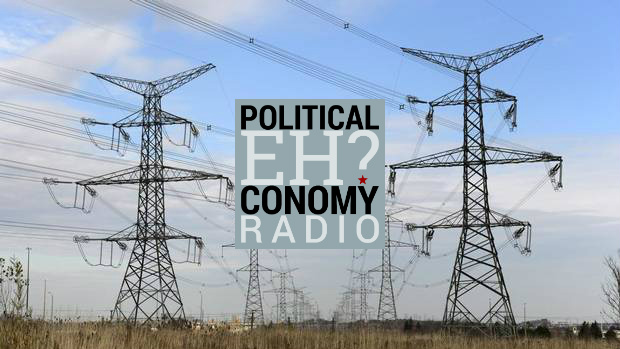With the Ontario Liberals rolling out their basic income pilot project to much fanfare this week, it’s an opportune time to dive into the debates around BI once again.
1 Political aspects of unemployment
A few weeks ago I attended a debate on basic income and the left in Toronto hosted by The Leap. During the debate, the proponents of BI returned again and again to those who are outside the labour force. This focus is important. Welfare in Ontario and elsewhere is equivalent to poverty. And those outside the labour market are central to the current plans for basic income, which are more replacements for welfare rather than the kind of universal schemes argued for by some on the left. What BI fans forget is that even those outside the labor force have important functions under capitalism. While there was much said about people who can’t for various reasons participate in the labour market, there was scant attention to their position within our economic system.
A number, primarily women, are “outside the labour force” but performing the invisible, difficult, unpaid labour that makes the system tick: childcare, housework, non-market food production. Their work is valuable for society but needs to remain unpaid as long as it isn’t done for profit. The other part of those of working age but outside the labour force are key in a different way. They are a reminder that those of us don’t have any wealth have to work for a wage to survive…or else. John Clarke, who has been consistently critical of neoliberal BI schemes, made the point early in the debate that unemployment, poverty and homelessness have a political function in capitalism: they are part of the apparatus of economic coercion. People become examples for others: “Don’t want to end up on the streets/in dire poverty/…? Better get to work.”
